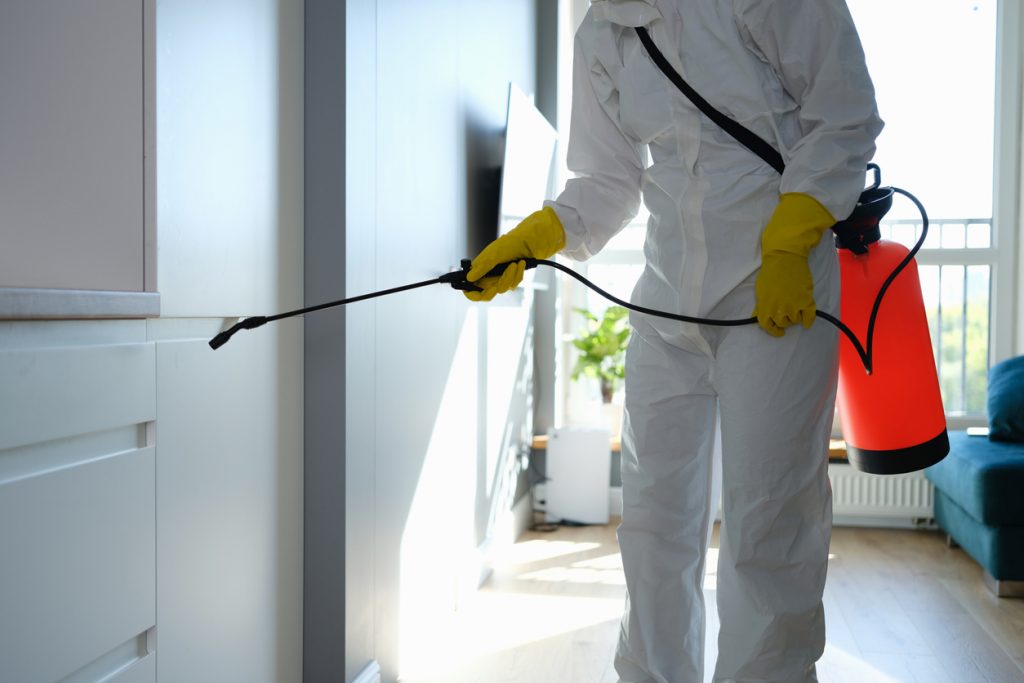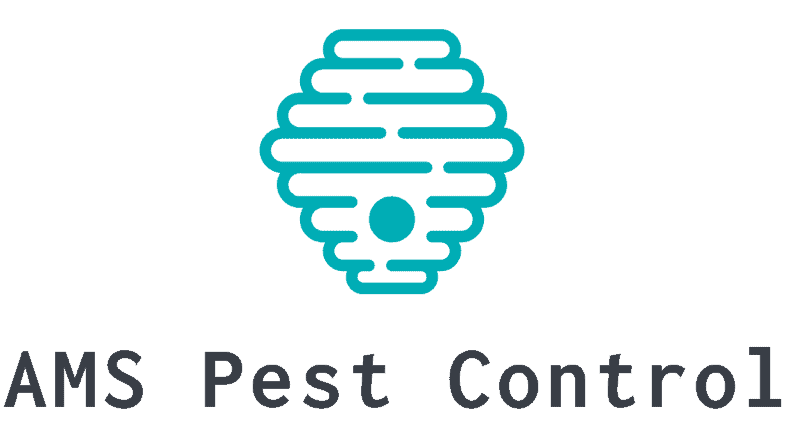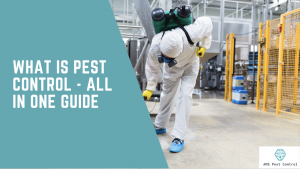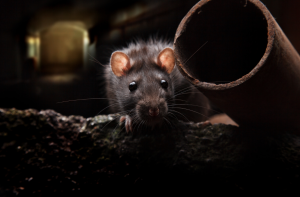
Pests living in your house can quickly become an annoyance and disturbance to your everyday life at home. They bite you at night, chew your clothes, steal your food and sting you whilst you’re enjoying a BBQ. Household pests are not always easy to spot so it’s important to learn how to identify them and the best ways to get rid of them before they become a major problem for you and your family.
First, let’s look at the most common pests in the UK and how to protect your home from them.
1) Bed Bugs
Bed Bugs are tiny bloodsuckers that have the potential to make your life a nightmare. They are nocturnal bugs no more significant than an apple seed that love to feed on your blood whilst you sleep and give you itchy skin the next day.
Signs that you may have bed bugs include small black blood spots and dark stains on your mattress and a sweet but sickly and unpleasant smell in the room.
To remove them you will require the services of a professional pest control company like AMS Pest Control who have the appropriate LANTRA qualification, tools and specialist chemicals to remove them from your home effectively.
You can help prevent infestations of bed bugs by thoroughly inspecting and cleaning your mattress and bedding regularly. Repairing cracks in plaster and skirting boards should help also.
2) Mice and Rats
These little critters love to chew through everything you own and can make your life hell. They destroy important cables, eat your food and potentially carry dangerous diseases too.
Signs you have a rat or mice infestation include chewed cables, foods or food boxes with nibbles taken out of them and small excretions found around the house (usually behind objects or inside cupboards).
To remove the little critters you can buy commercial rat traps or poisons from specialist shops but these can be hazardous if not used correctly. It’s best to use a specialist like AMS Pest Control who are experienced in removing the rodents quickly and effectively.
To help prevent rodent invasions you should check if you have any damaged underground pipes where they may be sneaking in. They usually invade homes via small cracks in floors or windows, so check them out. Regularly check any areas of the house that have a warm and dry atmosphere where rodents like to live. Finally, make sure you regularly empty the bins and any other waste.
3) Wasps and Bees
Most homeowners’ worst nightmare is the discovery of a wasp or bee’s nest in their home. Wasps are particularly common pests in the UK causing havoc to people’s BBQs and lounging in the garden. Wasps are particularly nasty they can get aggressive and sting you and even cause allergic reactions in some people.
Signs you have wasps or bees is the increase in the number of them flying around the house or in the garden. You may notice a loud buzzing sound coming from their hive most likely in your soil banks, rood spaces, wall cavities or garden trees.
To remove wasps and bees you will need the professional help of pest control to safely remove the hive from your home or garden. It’s not advised to take on this task yourself and can be incredibly dangerous. The longer you leave a hive the larger it will grow and become more problematic.
To help prevent invasions of wasps and bees you should regularly check spaces in which they might build hives including your loft, small holes or gaps in your home. Timber can be treated with a special wasp repellent that can be bought from specialist stores.
Fighting Against Pests
No matter what your infestation it’s always advised to seek the help of professionals like AMS Pest Control who have the correct qualifications, experience, tools and chemicals required to remove any pests properly. Failure to properly remove pests can become an ongoing struggle and costly affair for you and your family.


